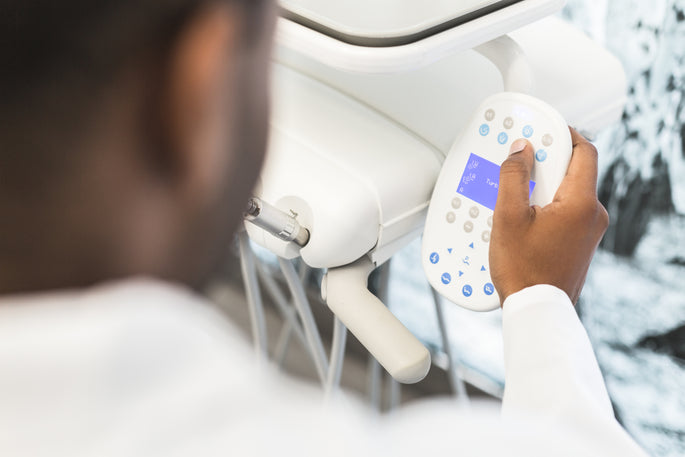What are plastic springs?
Plastic springs are components made from advanced thermoplastic materials such as Polyether Ether Ketone (PEEK), Polyoxymethylene (POM), Polycarbonate (PC), Polyetherimide (PEI), and Polyphenylsulfone (PPSU). These springs are designed to provide exceptional mechanical strength, chemical resistance, and thermal stability. They are ideal for demanding applications across various industries, including medical devices, aerospace, automotive, industrial machinery, electronics, and food processing. Each material offers unique properties, ensuring that the springs perform reliably under specific environmental conditions, such as high temperatures, corrosive substances, and repeated sterilisation processes.



